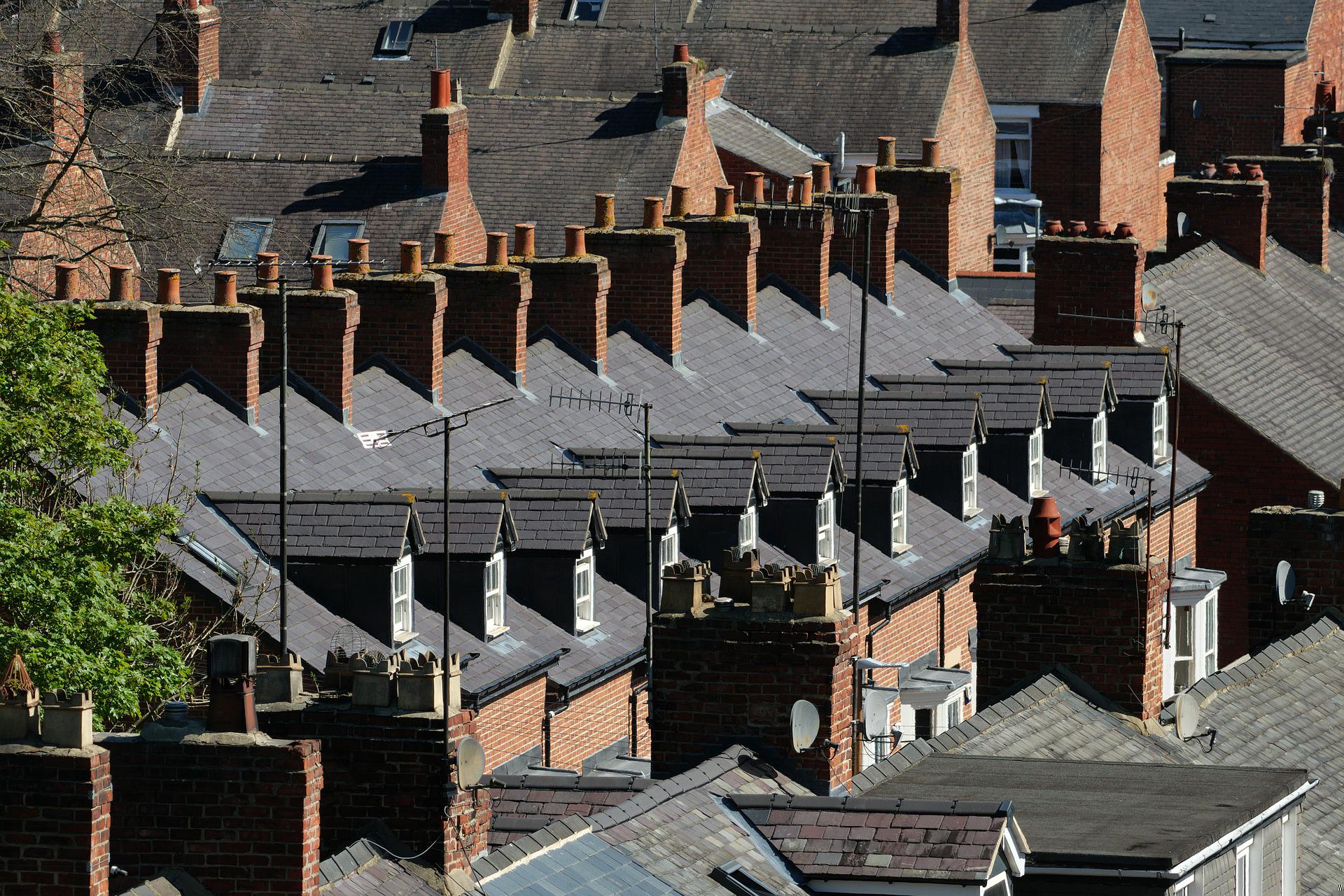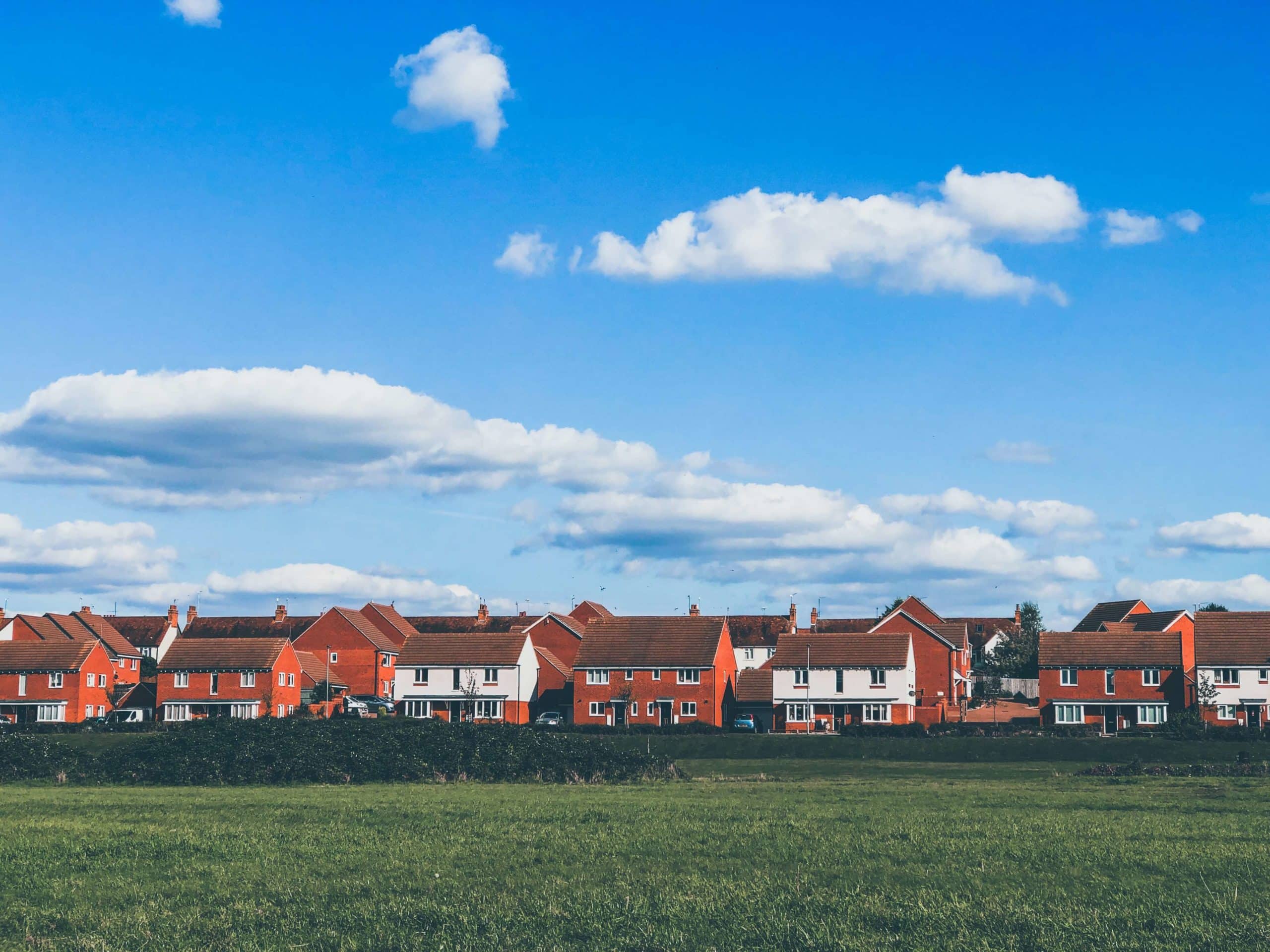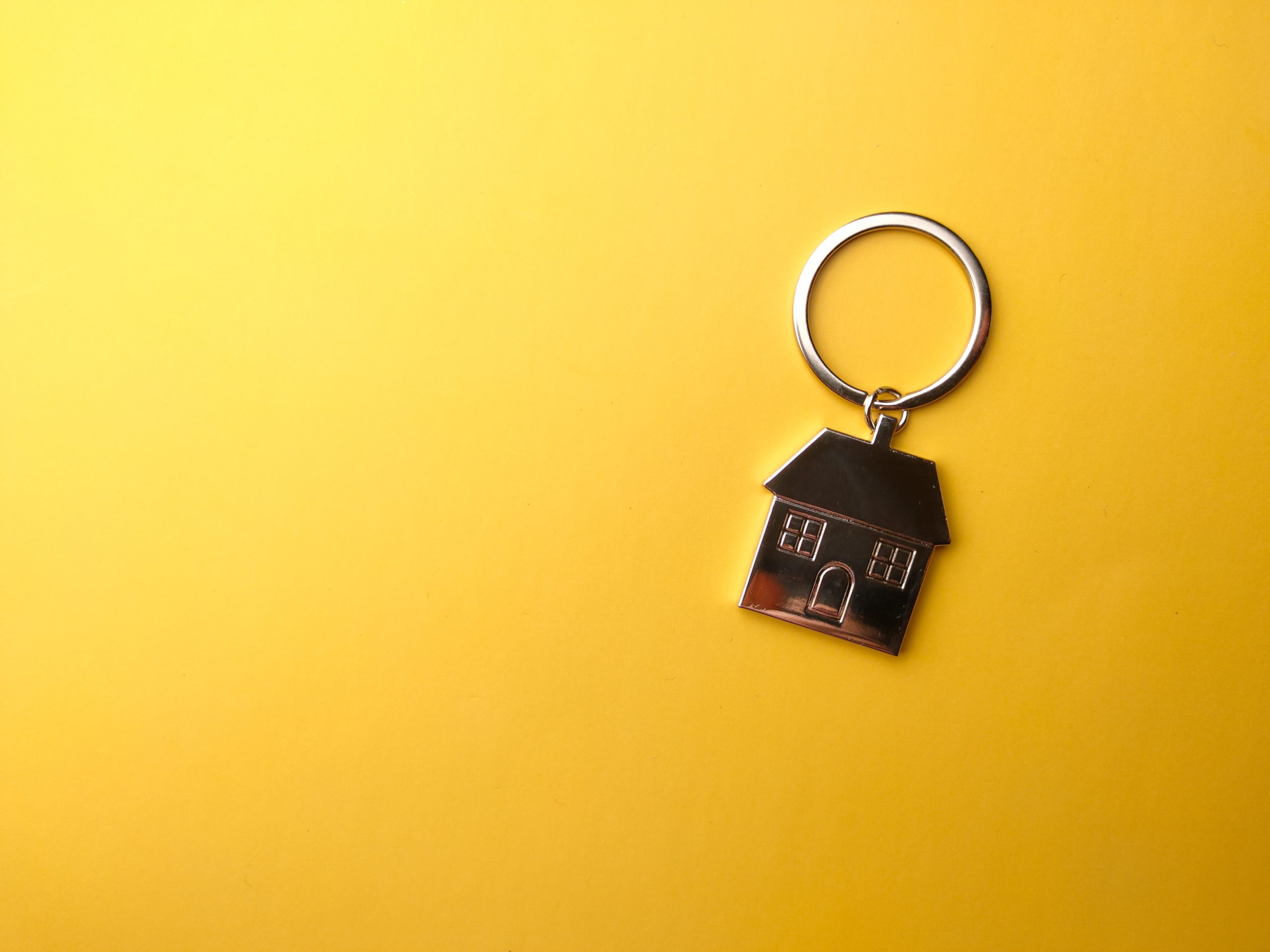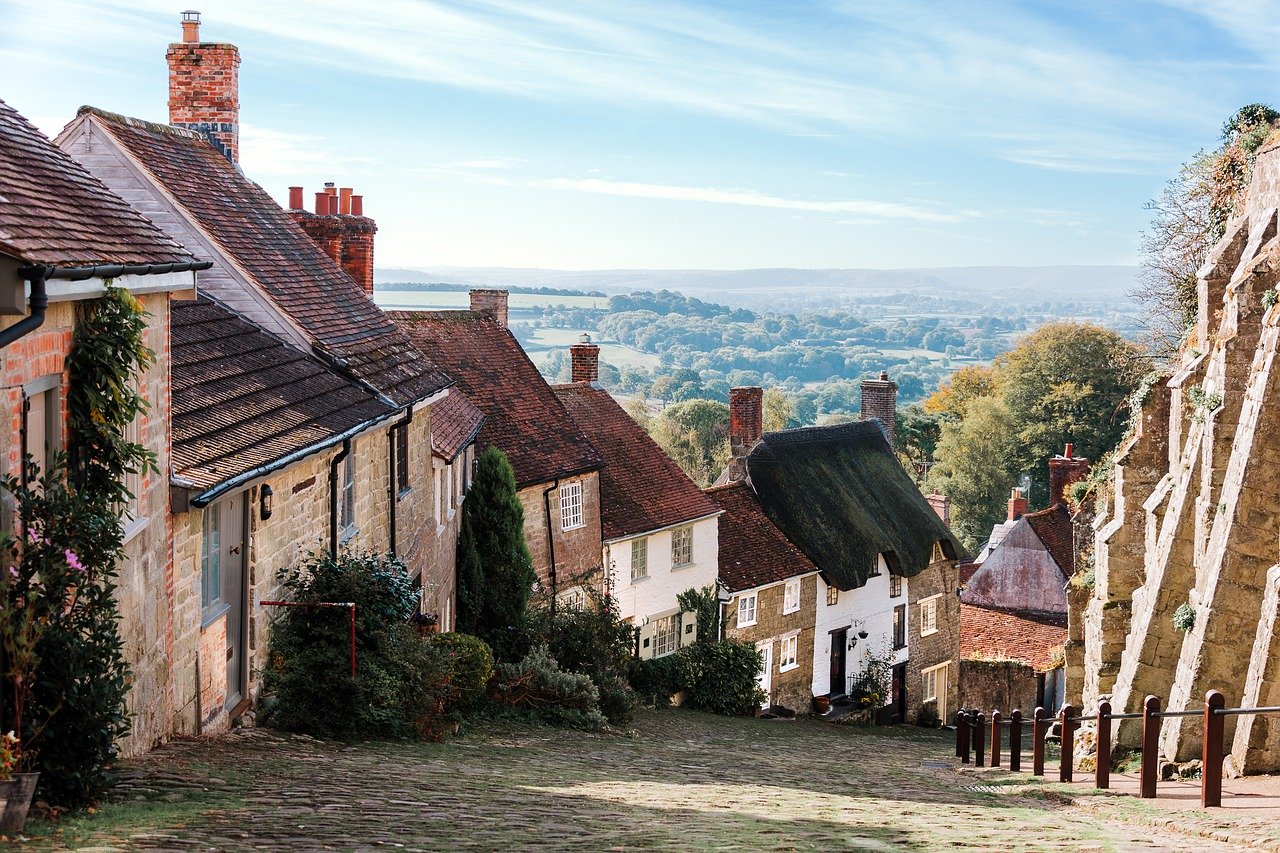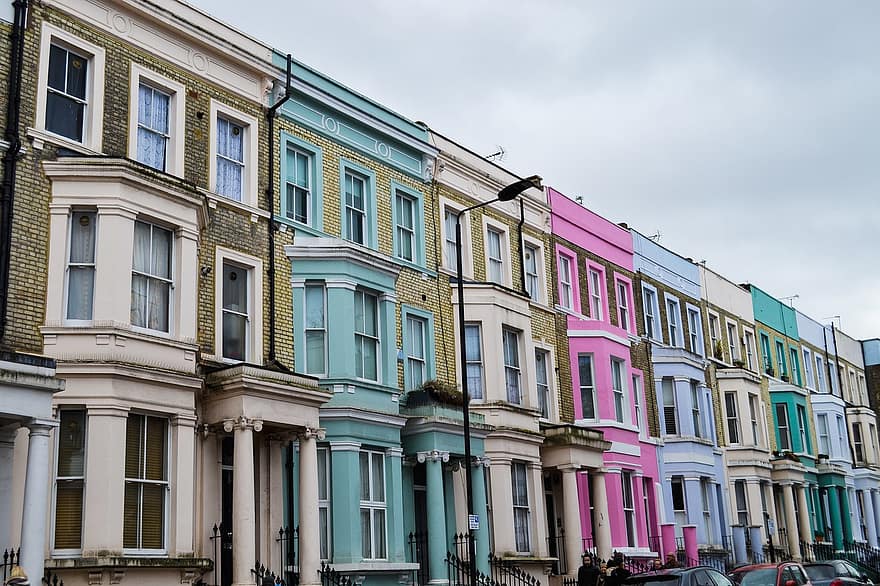Stamp duty is a popular buzzword in the home buying process. Its amount has fluctuated over the years, and has, at times, been waived completely. But many first-time buyers ask the question: “Can stamp duty be paid in installments?”. The short answer to this question is that it cannot.
However, it is always good to know more about this essential part of the home buying process. Our handy guide explains everything there is to know about stamp duty…
What is stamp duty?
Stamp duty must be paid on a property or land purchase in England and Northern Ireland over a specific value. In Wales and Scotland, this type of tax has a different name.
Stamp duty has existed since 1694 and its name derives from the original use of a stamp that proved the tax had been paid.
The full name is Stamp Duty Land Tax (SDLT) and the equivalent in Scotland is the Land and Buildings Tax. In Wales, it is known as the Land Transaction Tax.
Numerous variables determine whether a home or land purchase will result in Stamp Duty being applicable. It doesn’t matter if the purchase is for a mortgaged property or a cash purchase, it still applies to purchases over a certain amount.
How much is stamp duty?
The amount you need to pay is different for first-time buyers. If this is not your first property purchase, then you will need to pay stamp duty on purchases above £125,000.
The amount to be paid is determined by the purchase price:
- Purchases between £125,001 – £250,000 result in a 2% stamp duty tax
- Purchases between £250,001 – £925,000 result in a 5% stamp duty tax
- Purchases between £925,001 – £1,500,000 result in a 10% stamp duty tax
- Purchases between £1,500,001 and above result in a 12% stamp duty tax
So, if purchasing a property of £500,000 the payment will be broken down as follows:
- There is nothing to pay on the first £125,000
- 2% to pay on the £125,000 – £250,000 = £2,500
- The remaining £250,000 is charged at 5% equating to £12,500.
- This makes the total stamp duty to be paid £15,000.
It should be noted that a first-time buyer purchasing a property over £500,000 is not exempt from stamp duty and it will be calculated the same as the above.
In 2021, the average house price was below £275,000, meaning there will be many first-time buyers who do not have to pay stamp duty.
When does stamp duty need to be paid?
Stamp duty must be paid within 14 days of purchasing the property or land and cannot be funded by your mortgage.
In most cases, a conveyancer is used to make the payment on behalf of the buyer.
What is a stamp duty holiday?
A stamp duty holiday is applied during times of instability. So, if the economy is not at its best, it is not uncommon for the government to introduce a pause on stamp duty.
There is no set policy, but in July 2021, a stamp duty holiday introduced by the government stipulated that there would be no stamp duty to pay on the first £500,000 on any purchase. This ended on 1st October 2021 and returned to pre-pandemic rates.
Do you need to pay stamp duty on land?
Yes, stamp duty applies to land purchases. The amount due will depend on whether the purchase is for residential purposes. If so, then the standard rate of stamp duty tax applies.
Do you pay stamp duty on new builds?
Yes, the same rates apply when purchasing a new build property. A new build does not change anything about the process.
Do you pay stamp duty on commercial property?
The short answer is yes, and these are usually saved for the likes of shops, offices, and other business-type properties.
Still, it is different from country to country. In England, Scotland, and Northern Ireland, Stamp duty is applicable on non-residential purchases if it amounts to over £150,000.
In Wales, stamp duty is only applicable if buying a non-residential property for over £225,000.
How do you pay stamp duty?
The good news is that stamp duty is a one-off payment and is usually paid by the conveyancer on behalf of the buyer. They pay it directly to HMRC within 14 days of the exchange of contracts.
The buyer is expected to transfer the funds to their conveyancer (or solicitor/who acts on their behalf) who will then pay the tax within the 14 days.
If you are not using a conveyancer, then be wary that there are penalty charges applicable for payments not received within 14 days. The HMRC will write to you informing you of the amount of interest you have been charged and it cannot be contested, so it is always best to pay it on time.
Can you use a credit card to pay stamp duty?
It is not possible to use a credit card to pay stamp duty. The law changed in 2018 in the UK to stop credit card payments from being accepted.
Can I reduce the amount of stamp duty I need to pay?
Stamp duty will take a chunk out of most people’s savings, so it is only natural to consider ways to bring it down. There is no way to reduce the amount you need to pay, but there are some things you can do to ensure you are not liable for so much stamp duty.
The first and most significant way of reducing the amount of stamp duty you will need to pay is by negotiating the price of your property. This could save you from entering the higher tax bracket resulting in a lower stamp duty payment.
A standard price may be around 10% lower than the asking price, and until the contracts are exchanged, there is still time for negotiation.
Sell your house quickly with WeBuyAnyHome
WeBuyAnyHome are cash house buyers that offer a convenient, quick way to sell your house fast. We purchase your property quickly in any timeframe. No fees, no hassles and no delays.
You can trust us with a smooth and quick sale of your property.
Furthermore, visit this link if you want to learn more about stamp duty on a second property.
Get a free, no obligation cash offer from us now by entering your postcode in the box below.

